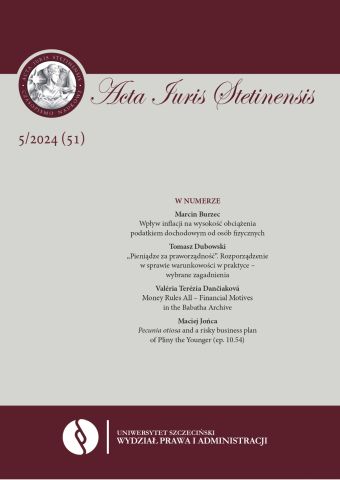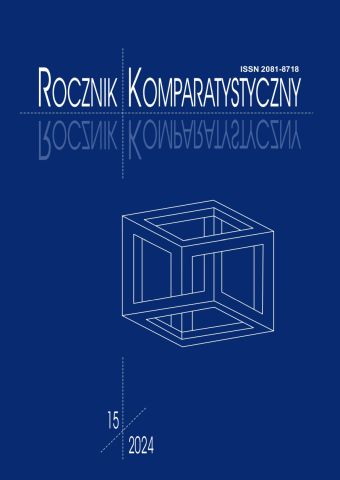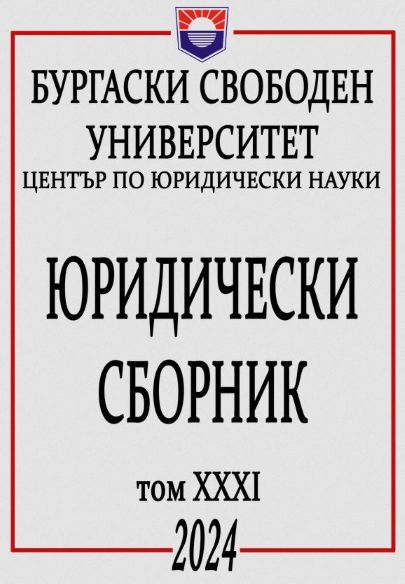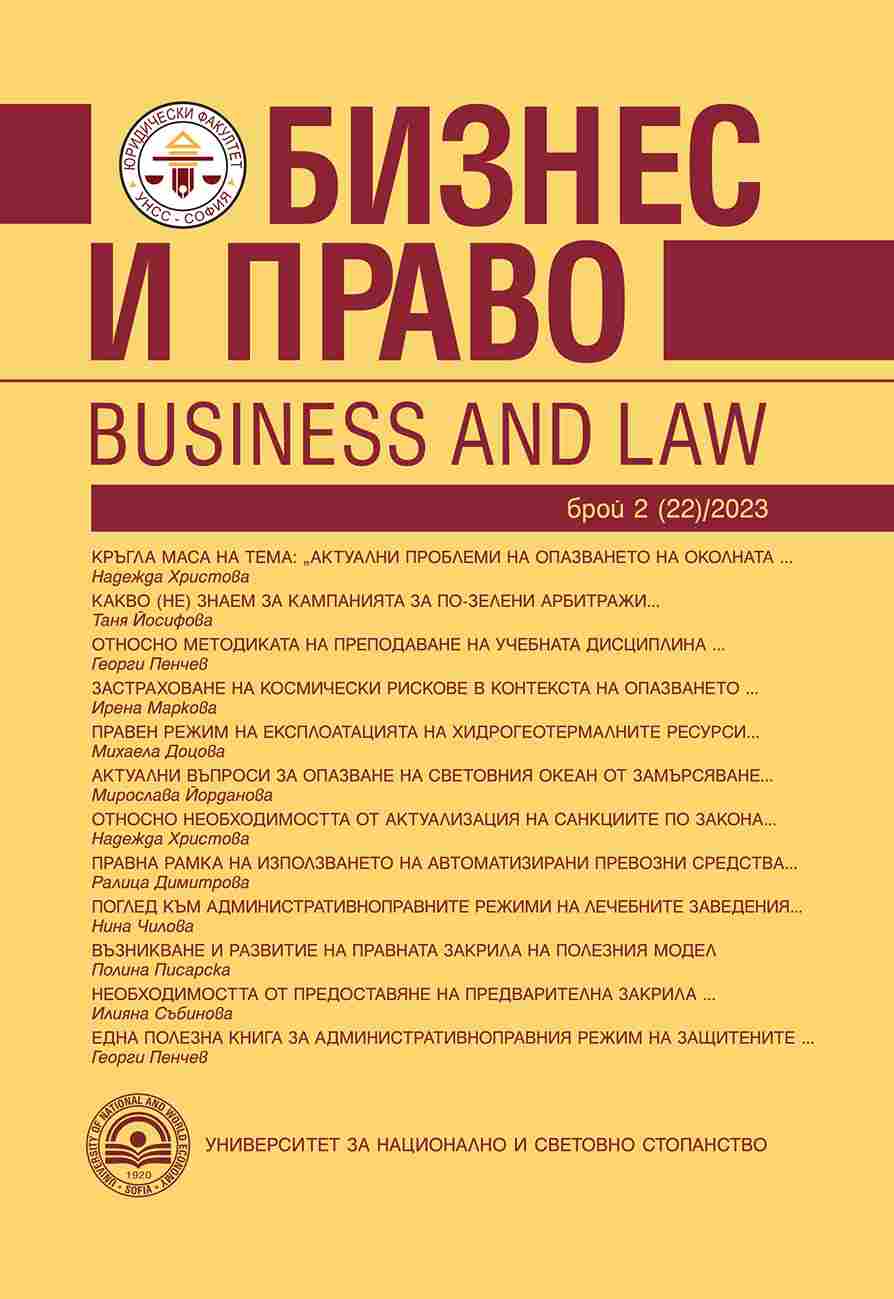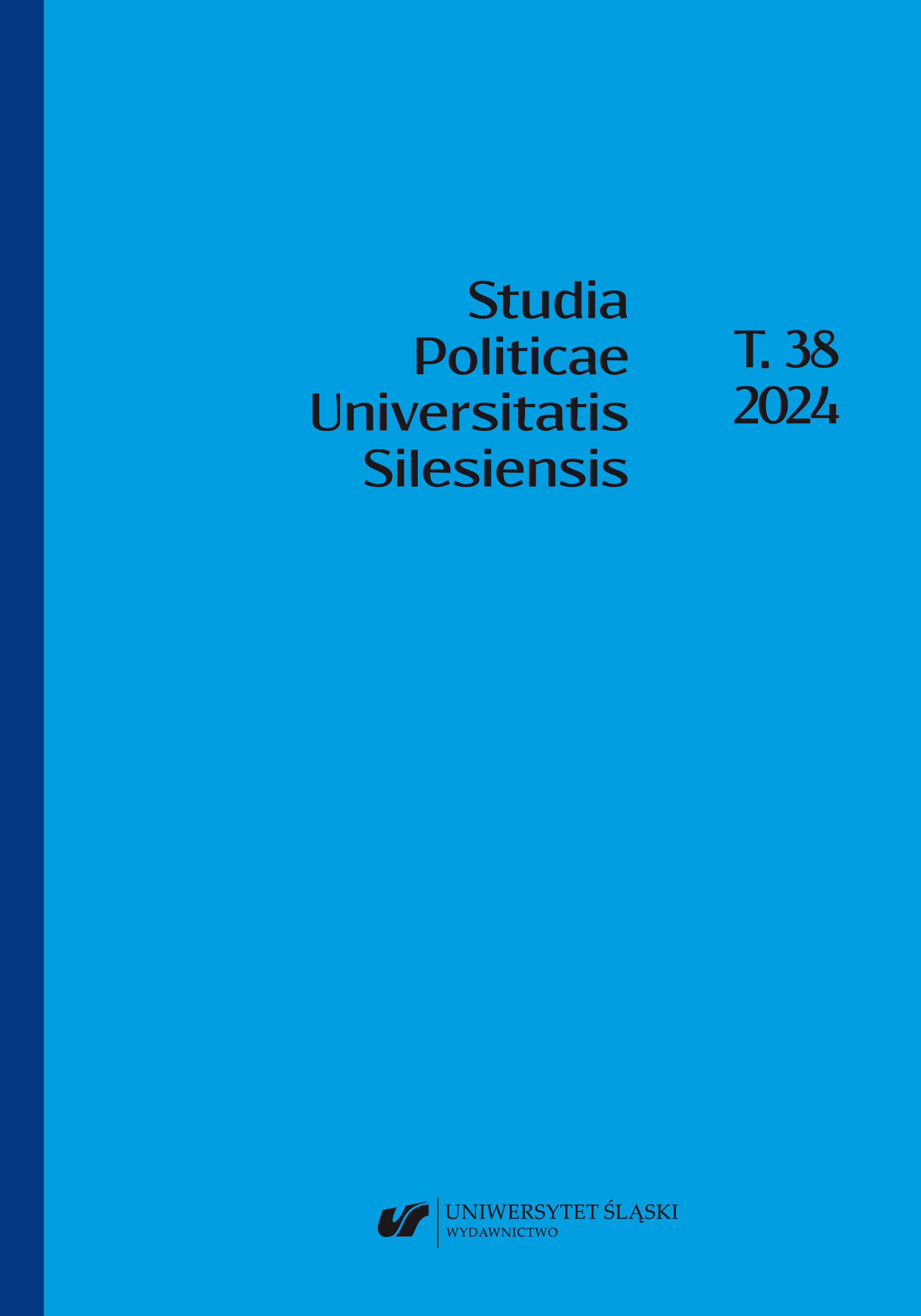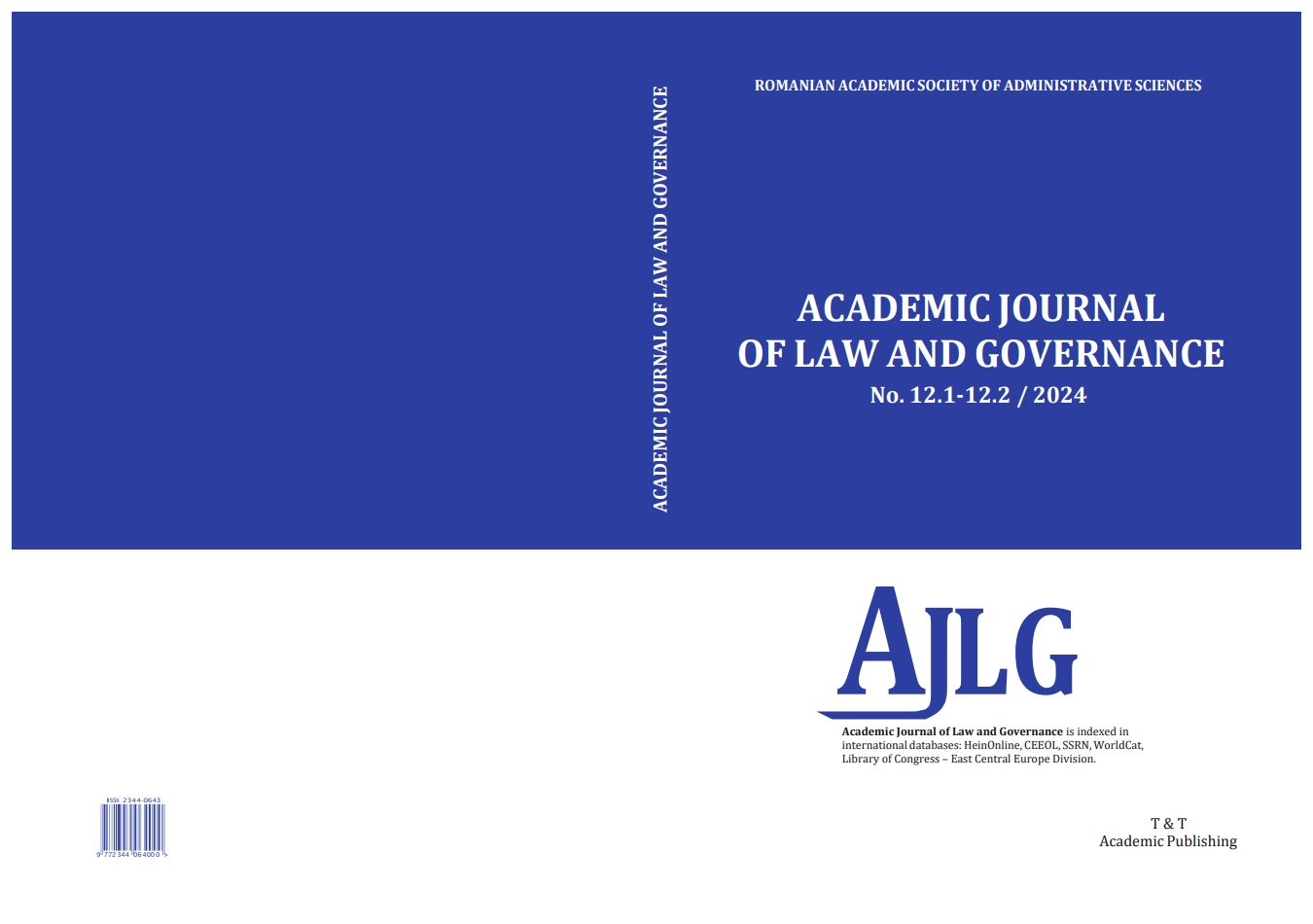
ROLA AKTYWNOŚCI TWÓRCZEJ W PREWENCJI UTRATY SENSU ŻYCIA WŚRÓD MĘŻCZYZN ODBYWAJĄCYCH KARĘ POZBAWIENIA WOLNOŚCI
The paper examines the role of art (creativity) in the development of the sense of lifeof inmates. The goal of this study is to show the relationship between creative activity ofprisoners and their understanding of the meaning of life. The study was conducted on theset of natural groups: from the group of 41 men, 19 qualified for the experimental group(active creatively) and 22 qualified for the control group (uncreative activity). The twogroups did not differ in terms of age, marital status, length of sentence, education, criminalrecord, or a sense of loneliness. The results show that men undergoing imprisonment andexhibiting interest in some form of active participation in the arts were characterized bya higher level of search for the meaning of life in comparison with the prisoners having nocreative activity. The results are consistent with the other studies carried out among thesocially disadvantaged.
More...
